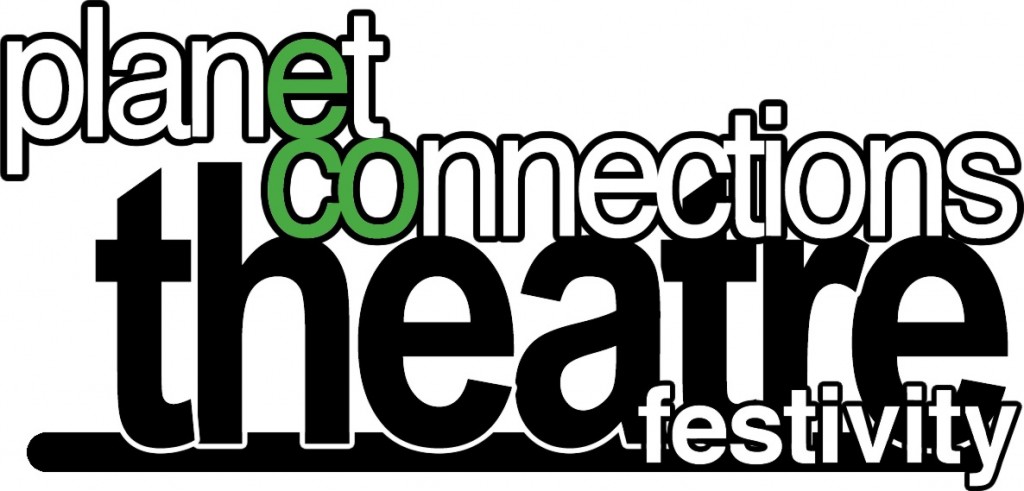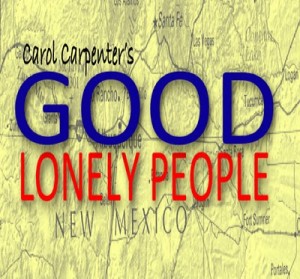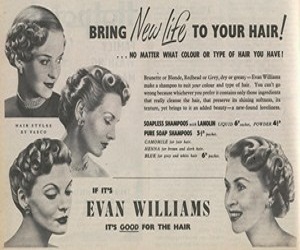
Planet Connections Theatre Festivity is New York City’s premiere eco-friendly theatre festival, connecting artists and audiences with diverse dynamic charitable organizations. The Planet Connections experience entertains, enlightens and informs.
This Summer I was quite fortunate to be able to direct a play for one of my favorite theatre companies, MTWorks, who hired me to direct Carol Carpenter’s Good Lonely People for the Planet Connections Theatre Festivity. It was such an honor to work on this important piece for MTWorks, of which I am a company member. I was also delighted to be a part of Planet Connections’ quest to bring awareness to our environment and give back to the community.

Good Lonely People deals with a Democrat family living in a Red State, who get together on the night of the 2009 election, but are torn apart because of strong differences in opinion regarding the gay daughter of one of the couples. To me, these are large aspects of the play; but it’s also very much about family accepting each other and the love needed to get past the anger; and how no matter what someone’s bumper sticker says – at the end of the day their actions are what matter. My hope is that people coming to see it, regardless of their political preference, can walk away with an appreciation of the important message that Carol Carpenter has infused into this piece regarding acceptance and love.
The charity that we are raising money/awareness for with this production is PFLAG – Parents, Family & Friends of Lesbians and Gays – and we have been delighted to have representatives come to the production and do a talk back with us afterwards. It’s a charity that is important to themes in the show and also to MTWorks. When I see people wiping tears from their eyes and hear that the play is an incredibly important piece to be seen by families, it makes me smile as I hear my own thoughts echoed. I’m thrilled that I can be a part of something that moves people in such a way.
The Happiest Medium put the questions that we have asked other shows to playwright Carol Carpenter regarding Good Lonely People. Here is what she had to say:
Here’s Antonio’s question -
If you would have to single out a quality between dialogue, plot or character, which one is the strongest in your play/piece, and why?
Character. These are people with long, interconnected histories — interpersonal, geopolitical, cultural and religious histories — and they have overcome great strife together, always emerging stronger than before. But on this night, they’re presented with the one issue they’ve always avoided, and the one that just might do them in. The play is really about how good people in a decent family in a provincial town with limited experiences and information do their very best to keep loving each other when faced with the issue of a gay family member.
Here’s Karen’s question -
What has been the most surprising or unexpected thing that’s happened during this play? Did that wind up taking the play in a new direction?
An actor had an issue with a scene that I knew wasn’t quite right. He kept saying his dialogue was unmotivated. I, of course, knew exactly why the words were there but he didn’t. Which usually means the writing is lacking. So his insight unlocked the scene for me. The other great surprise has been what an incredible dramaturge Cristina Alicea from MTWorks is. This was a good play and now, thanks to her, it’s a great play.
Here’s Anne’s question -
What do you think is the central theme and reason this play was conceived?
The central theme, for me, is that family is worth the effort. It’s worth overlooking the bad in order to get the good. I conceived of the play when my own mother threw an Obama “party” at our house in our tiny conservative town — I just couldn’t fathom who would come — and I had to surprise her, and support her, by attending (while doing some reconnaissance, of course). That party was the seed of Good Lonely People.
Here’s Stephen’s Question -
Why should the audience (we) go to your play? What will the audience learn about the “human condition” by going to your play?
Because it gives dignity to a culture and a people that we don’t often get to see on an NYC stage (we get to see plenty of them in parodies on Jon Stewart though). I hope everyone walks out thinking, “Weird. They’re just like my family except one of them wears a cowboy hat.”
Here’s Sarah’s Question -
What is your favorite line from the play?
“I used to tell my Pentecostal boss down at the courthouse, ‘I might go to hell for bein’ a Baptist, but I’ll never go to hell for bein’ a Republican!“
Here’s Diánna’s Question -
What about this play do you feel most drawn to personally, and because of that, what message do you hope the audience walks away with?
Sissy’s generosity of spirit and wisdom, which is what I aspire to. Even though the plot of this play is fictional, the conflicts are autobiographical and Sissy is who I’d like to be. The play is the culmination of fifteen years’ worth of processing my own hurt and anger at family members who subtly but clearly expressed their disapproval of my “lifestyle”. But something changed in my 30s, as my aunts and uncles began really aging; I began moving to a place of forgiveness. A place where I could sincerely say “We disagree, and they’re really awesome people” instead of “Those ignorant redneck racist homophobes shouldn’t be allowed to breed.” That kind of rhetoric is so damaging, to both the subject and the messenger. So on a personal level, it’s a very liberating play and I guess I’d want the audience to walk away with the knowledge that forgiveness is liberating.



{ 0 comments… add one now }